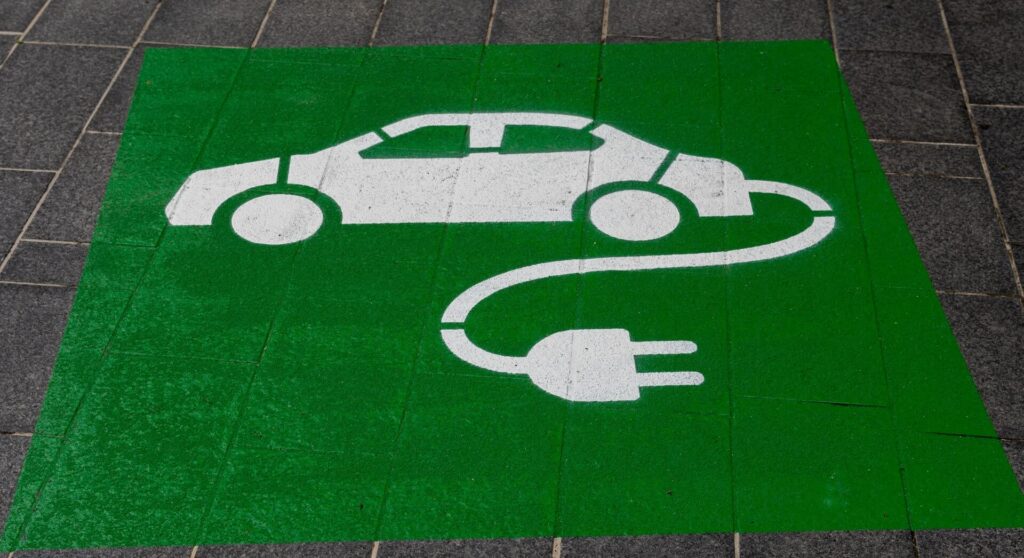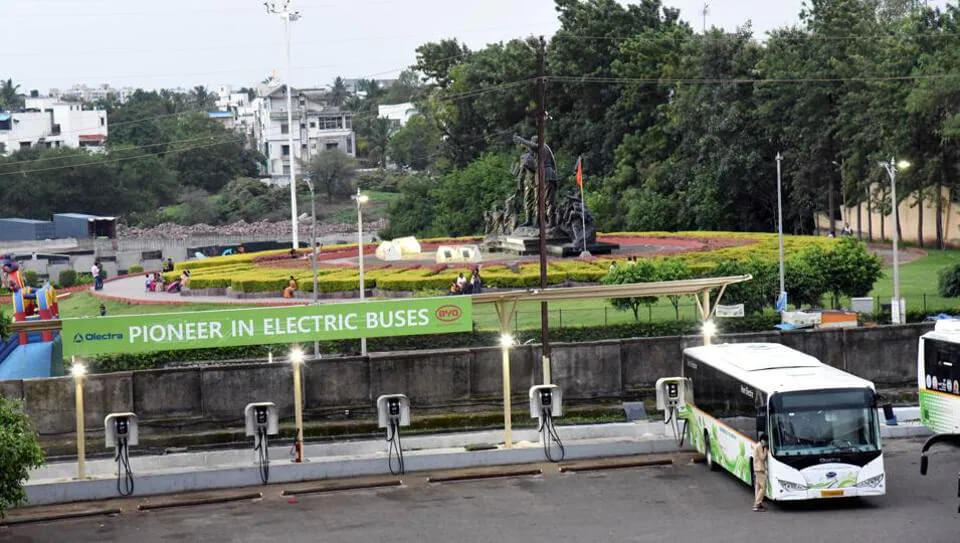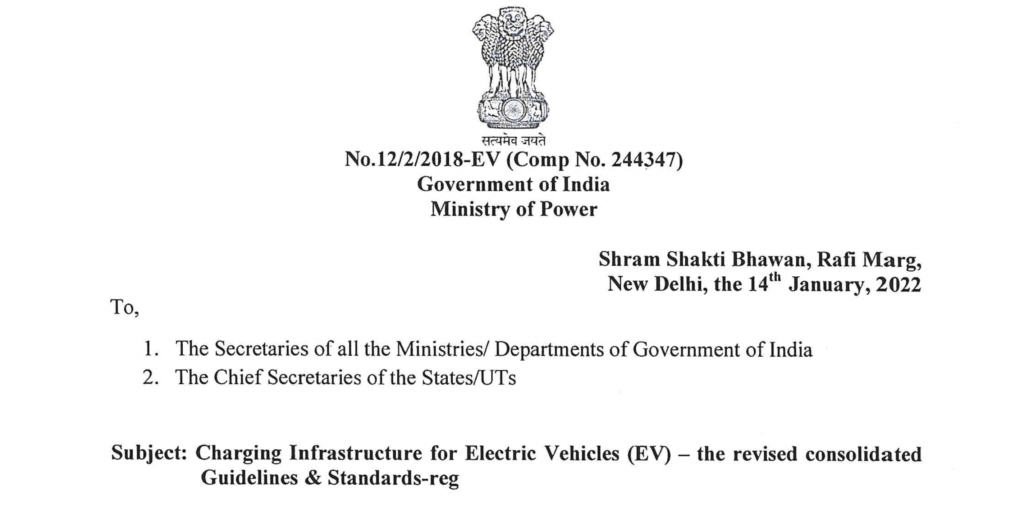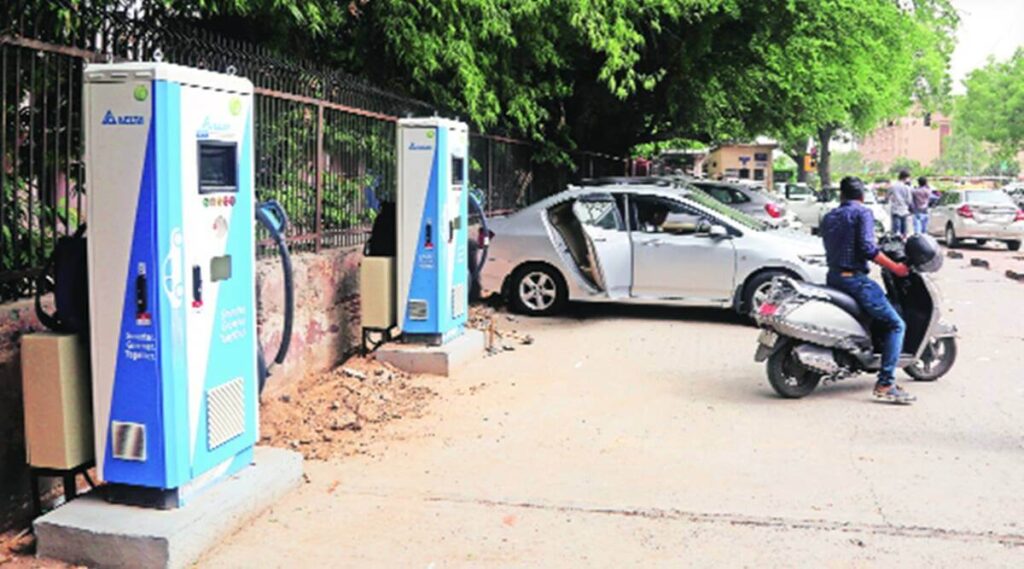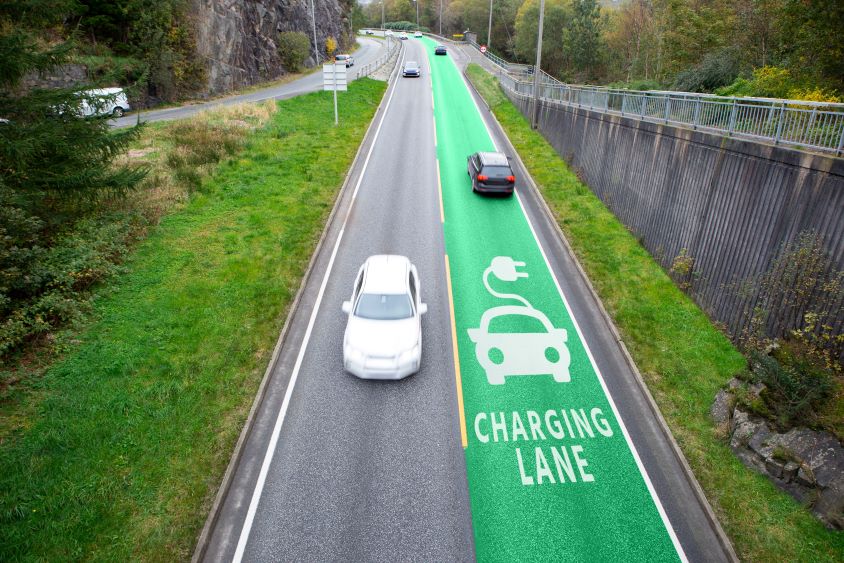
England is testing electric car charging lanes that allows to commuters to drive electric vehicles without the need of stopping between charging stations to charge. If a new trial of wireless charging lanes is successful, some highways in England may become electrified, or at the very least they may make electric vehicles a more practical method of transportation.
England is testing electric car charging lanes
Highways England intends to implement for electric car drivers. Vehicles would be equipped with wireless technology and driven on roads that have specific equipment for creating electromagnetic fields buried beneath them. This is not the first time that such technology has been used; in 2013, the South Korean town of Gumi opened a 12-kilometer (7.5-mile) route that enables special buses to be charged using similar technology.
Highways England Chief Highways Engineer Mike Wilson said in a statement: “Vehicle technologies are developing at an ever-increasing rate and we’re determined to supporting the expansion of ultra-low emissions cars on our England’s highways.”
The idea is to reduce fossil fuel consumption and air pollution by enabling ultra-low emission vehicles to drive further distances without having to stop and charge. Most all-electric cars can only go 10 to 40 miles before needing extra power at the moment. The Tesla electric super-luxury has a range of roughly 240 miles. The difficulty, though, is to increase access to electric charging in a way that the governments can afford.
Highways England will start testing off-road charging lanes for electric and hybrid vehicles later this year. They’ll construct imitation roads with coils for charging installed beneath the pavement that match to unique receivers for electric cars. After 18 months, if the trials are successful, the organization will move on to conducting them on actual roads. The advancement of this technology will receive £500 million (784 million dollars) from the UK government over the following five years.
“The off road trials of wireless power technology will help to create a more sustainable road network for England and open up new opportunities for businesses that transport goods across the country,” Wilson said.
The United States is working on initiatives that are similar to that are being conducted at England. WAVE, an organization with headquarters in Utah, has tested numerous electric car charging methods. At two colleges in Utah, they conducted modest pilot projects employing in-ground induction charging for shuttles. This wireless sync technology is now being used by a recently launched trolley in Monterey, California to carry power using magnetic waves that charge the vehicle while it transports people.
According to Highways England, they are committed to putting in plug-in electric charging stations every 20 miles along the motorway in addition to exploring wireless and in-road charging options for electric vehicles.
